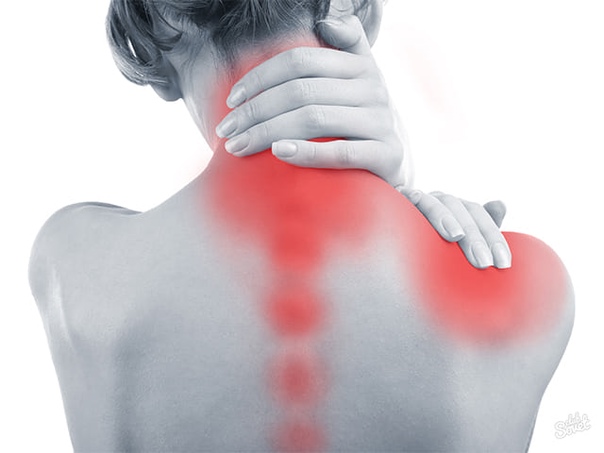The relationship between psychological factors and physical pain is a subject of increasing interest and research in both the medical and psychological fields. The concept that the mind and body are interconnected is not new, but modern science continues to uncover the intricate ways in which mental states can influence physical sensations, including pain. This article delves into how psychological factors affect physical pain, exploring the mechanisms behind this connection, and offering insights into how understanding this relationship can improve pain management and overall well-being.
Understanding the Mind-Body Connection
The Basic Concept
The mind-body connection refers to the idea that mental and emotional states can directly affect physical health. This relationship is evident in various aspects of health, but is particularly prominent when it comes to pain management. The traditional view of pain as purely a physical phenomenon is evolving as we recognize the significant role psychological factors play.
Historical Perspectives
Historically, the link between mental and physical health has been acknowledged in various cultures and healing practices. Ancient practices such as Ayurvedic medicine and traditional Chinese medicine have long recognized the impact of emotional states on physical health. In modern times, scientific advancements have provided a deeper understanding of how psychological factors can influence physical pain.
The Science Behind Psychological Influence on Pain
Neurobiological Mechanisms
Recent research has elucidated how psychological factors affect pain through neurobiological mechanisms. The brain processes pain signals through a complex network involving neurotransmitters, hormones, and brain regions. Emotional and cognitive states can modulate this pain processing system.
Chemicals like serotonin, dopamine, and cortisol play crucial roles in both mood regulation and pain perception. For instance, low levels of serotonin are associated with increased pain sensitivity and mood disorders like depression.
The brain’s pain processing centers, including the thalamus, somatosensory cortex, and limbic system, are influenced by emotional states. Stress and anxiety can enhance pain perception by altering the activity in these regions.
Psychological Factors Influencing Pain
Several psychological factors have been identified as influencing pain perception and experience:
Chronic stress activates the body’s stress response system, releasing stress hormones like cortisol. Prolonged stress can lead to increased pain sensitivity and contribute to chronic pain conditions.
Anxiety can exacerbate pain by heightening the perception of pain and increasing muscle tension. This can lead to a cycle where pain causes anxiety, which in turn amplifies the pain.
Depression is closely linked with increased pain perception. The overlap between the neurological pathways involved in depression and those involved in pain processing can lead to a heightened experience of pain.
Cognitive factors such as attention, expectation, and catastrophizing can influence pain. For example, focusing excessively on pain or expecting it to be severe can increase the pain experience.
Implications for Pain Management
Integrative Approaches
Understanding the mind-body connection has led to more integrative approaches to pain management. These approaches often combine medical treatments with psychological and behavioral strategies.
CBT is a widely used psychological treatment that helps individuals manage pain by changing negative thought patterns and behaviors. It has been shown to reduce pain intensity and improve quality of life for many individuals with chronic pain.
Practices such as mindfulness meditation, deep breathing, and progressive muscle relaxation can help manage stress and reduce pain perception. These techniques focus on altering the body’s stress response and promoting relaxation.
Biofeedback involves using electronic devices to provide real-time feedback on physiological processes such as heart rate and muscle tension. By learning to control these processes, individuals can manage pain more effectively.
Collaborative Care Models
Integrating psychological care with traditional medical treatments can enhance pain management. Collaborative care models involve a team of healthcare providers, including physicians, psychologists, and physical therapists, working together to address both the physical and psychological aspects of pain.
Future Directions in Research
Advancements in Understanding
Ongoing research aims to further elucidate the complex interactions between psychological factors and pain. Advances in neuroimaging and genetics are providing deeper insights into how these factors affect pain pathways and responses.
Personalized Pain Management
Future research is likely to lead to more personalized approaches to pain management, tailored to individual psychological profiles and reduce pain experiences. This could involve personalized interventions based on psychological assessments and genetic predispositions.
Conclusion
The mind-body connection is a powerful and dynamic interaction that significantly impacts how we experience and manage physical pain. Psychological factors such as stress, anxiety, and depression can profoundly influence pain perception and response. Recognizing and addressing these factors through integrative and collaborative approaches can enhance pain management and improve overall well-being. As research continues to advance our understanding of this connection, more effective and personalized pain management strategies are likely to emerge, offering hope and relief for those affected by chronic pain.



